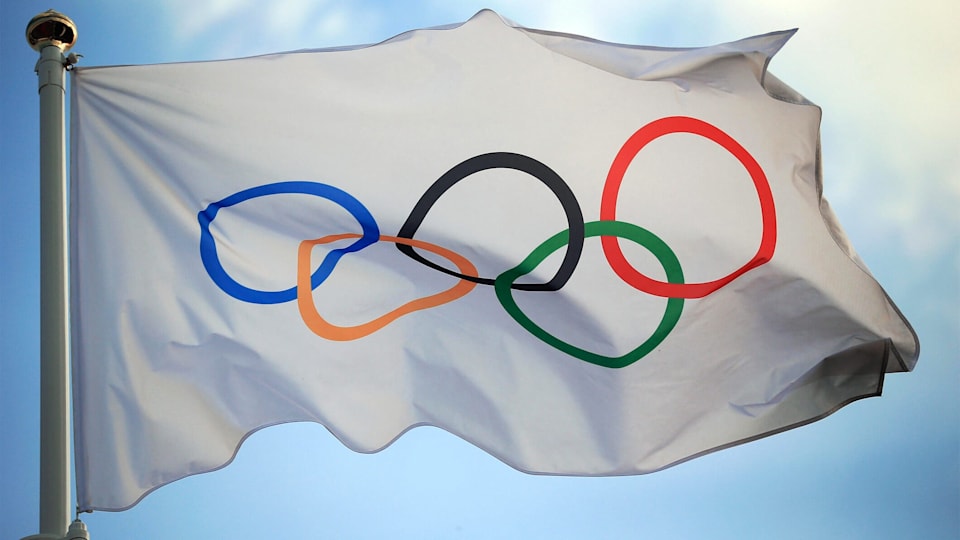All you wanted to know about the Olympics
When and where were the first Olympics held? What is the Olympic motto? How many games are there in the Olympics? Here are the frequently asked questions.

The Olympic Games are arguably the biggest and most prestigious sporting event on earth.
The Paris 2024 Olympics saw as many as 206 National Olympic Committees (NOCs) and the IOC Refugee Olympic Team (EOR) participating.
The Paris Olympics was also the thrid time that the event was held in the French capital and first since 1924.
But when and where were the first Olympics held? Read on to find out the answers to all your queries about the Olympics.
In which country were the first Olympic Games held?
The first-ever Olympics were held in Athens, Greece in 1896. Since then, the Olympic Games are held every four years.
The maiden edition saw 241 athletes from 14 nations take part in nine sports – athletics, cycling, fencing, gymnastics, shooting, swimming, tennis, weightlifting and wrestling.
Of course, the Olympics have since expanded – both in terms of participants and the number of sports played.
How many games are played at the Olympics?
While the first Olympics had only nine sports, the Paris 2024 Games saw 32 different sports being played.
Few sports like 3x3 basketball, surfing, skateboarding, sport climbing are recent additions to the roster.
How many rings are there in the Olympic flag?
The Olympic flag, which flies in the main stadium at all Olympic venues, is a white field with five equal interlocking rings coloured blue, dark yellow, black, green and red.
The Olympic flag was designed by Frenchman Pierre de Coubertin, who also developed the modern Olympic movement, and was unveiled in 1914. The flag was used for the first time at the 1920 Olympics in Antwerp, Belgium.
The five Olympic rings symbolise the ‘five parts of the world’ in which the Olympic movement prevails. However, the rings are not associated with the five continents, rather it incorporates the colours of all national flags at the time of its creation.
What does the Olympic flame symbolise?
The Olympic flame is one of the striking images before the start of any Olympic Games, with the Olympic Torch Relay – the flame travels the country in which the Games are being held - starting a few months before the Games kickoff.
For Paris 2024, the Olympic Torch Relay arrived in the city on July 14 and ended with the Opening Ceremony end on July 26.
The idea for an Olympic flame came from the ancient Greeks, who believed fire to be a divine element.
In the modern Olympic Games, the Olympic flame symbolises the positive values that man has always associated with fire.
What is the Olympic Motto?
The Olympic motto is ‘Citius-Altius-Fortius’. The three Latin words translate to ‘Faster-Higher-Stronger’ in English.
Pierre de Coubertin adopted it as the Olympic motto after hearing them in a school sports event where a Dominican priest Henri Didon first uttered the words.
The motto represents the aim of the Olympic movement from an athletic, technical, moral and educational perspective.
Who is the president of the International Olympic Committee?
The International Olympic Committee (IOC) was created on June 23, 1894, with the purpose of organising the Olympic Games and creating an international movement.
The IOC president presides over all its activities, with the IOC session and Executive Board responsible for taking the main decisions for the organisation.
The current president of the International Olympic Committee is Thomas Bach.
A former fencer, who won a team gold at the 1976 Montreal Olympics, German Thomas Bach was voted as IOC president on 10 September 2013. He was reelected in March 2021.
When was the first International Olympic Day celebrated?
The Olympic Day is a celebration of sport, health and being the best one can be and encourages people around the world to be active.
It is celebrated on June 23 every year to commemorate the day the IOC was founded in 1894.
The first International Olympic Day was celebrated on June 23, 1948.
